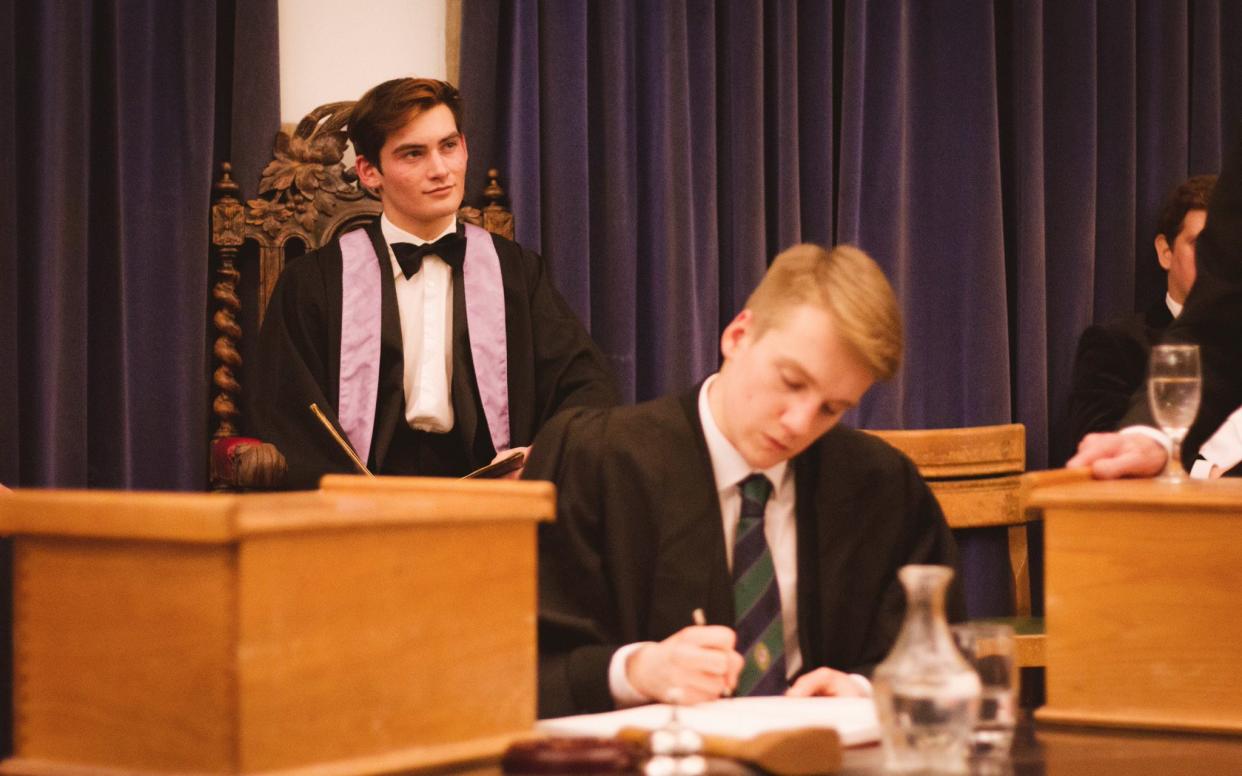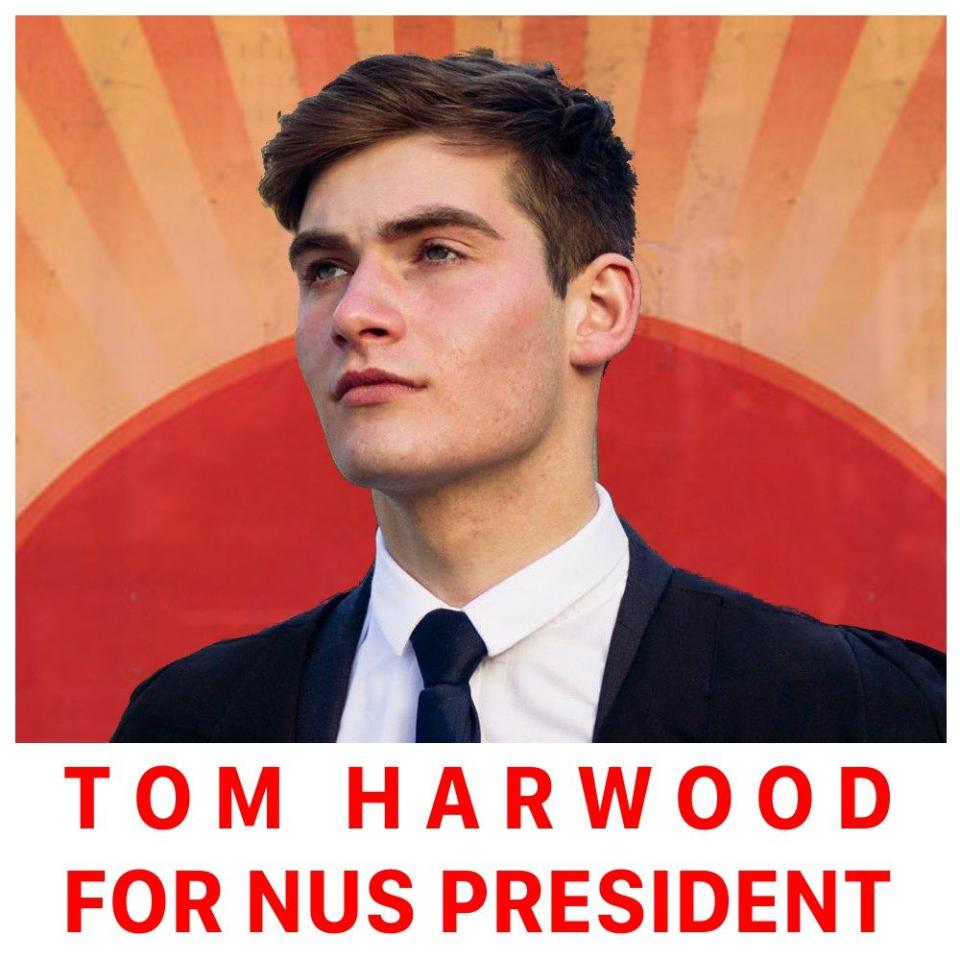Student Tory groups swell in backlash at Left-wing activists

Students are joining university Conservative societies in growing numbers in reaction to the activities of left-wing activists on campus, it has been claimed.
Several Conservative student groups at Britain's leading universities doubled in size last year, new figures show - with membership at the Cambridge University Conservative Association swelling by more than 40 per cent.
The number of new members at Brunel University’s student Conservative society has surged by more than 400 per cent, while the Conservative and Unionist Association at Edinburgh University has almost tripled in size.
King's College London, Kent and Reading have also seen membership subscriptions increase by 30-40 per cent in the last academic year.

Conservative student leaders say the influx of new members is in response to what they say are attacks on free speech by left- wing student groups.
They claim the Rhodes Must Fall campaign for the removal of a statue of colonialist Cecil Rhodes from the grounds of Oriel College led to hundreds of students joining Oxford University’s student Conservative society.
William Rees-Mogg, President of Oxford's Conservative society and nephew of MP Jacob Rees-Mogg, said students were abandoning other societies out of fear that their views would be derided by other members.
“It’s the fact that you won’t get told off simply for having right-of centre views, that’s a major draw,” said Mr Rees-Mogg, whose society holds a weekly drinking event called ‘Port and Policy’, where members debate anything from the legacy of the British Empire to the merits of Divine Right Absolutism.
Alastair Ward-Booth, chairman of Cambridge's Conservative Association, said membership had surged because students were seeking “respite” from the “insane and exclusionary” politics of left-wing groups.
He said: “Students seem to be fed up with the irrelevance of politically correct student politics. We also suspect Jeremy Corbyn might be doing us many favours.”

The Tory student surge comes less than a week before the National Union of Students annual elections, which could see Tom Harwood, a 20-year-old undergraduate at Durham University, become the first Conservative president of the NUS since the modern organisation emerged in 1969.
Mr Harwood, who ran the pro-Brexit ‘Students for Britain’ campaign during the European Referendum last year, claims he will be voted in by a “silent majority” of students.
He said: “The silent majority of today’s students are moderates and Conservatives. There are parallels between how the Labour Party and the NUS have declined recently. The NUS has become an introspective organisation that doesn’t connect with the wider audience of students; the Labour Party mirrors this.”
Mr Harwood is hoping to oust the NUS’s sitting President Malia Bouattia, who has been accused of being soft on anti-Semitism among student groups.
Mr Harwood accuses Ms Bouattia of using her position as a “political project” to further her own interests and says that her “fixation” with Israel had damaged the “legitimacy” of the NUS.
It follows criticism of Ms Bouattia by the Home Affairs Select Committee last year, which concluded that several comments made by her prior to her election “smacked” of “outright racism”.
Since her appointment, four university students’ unions have also voted to disaffiliate from the NUS.
At the same time several Labour societies have reported a steep decline in numbers.
While the Conservative society at Imperial College has grown by nearly 50 per cent, the Labour society, which had 56 members last year, has seen its membership fall to just 38 in 2017.
At University College London, Labour society membership has fallen from 110 to 94, while the Oxford University Labour Club said it is unable to provide figures because the website used to sign-up new members had recently expired.
Eliot Smith, President of Reading Conservatives, said the breaking point for many students took place last year, when left-wing students attempted to boycott Jeremy Paxman from speaking on campus because he had allegedly made "sexist comments" on University Challenge.
He added that many members were exasperated by so-called "special snowflakes" and found their actions to be "quite silly".

 Yahoo News
Yahoo News 
